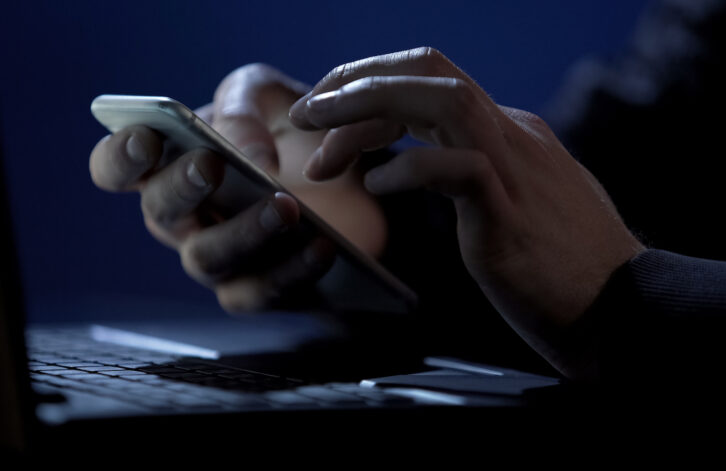The “traumatising” solicitation and creation of non-consensual deepfake pornography could be criminalised as Baroness Charlotte Owen takes a new Bill to its second reading.
Speaking to UKTN, Owen said her private members’ Bill aims to address “gaping loopholes” in existing legislation, such as the Sexual Offences Act 2003.
The Baroness said existing systems that require victims to prove the intent of the perpetrator are “hugely distressing” and “re-traumatizing”.
Owen referred to her work with a victim of non-consensual deepfakes.
“The trauma of having to troll back through messages to not only prove that she didn’t consent to it, but that the person knew how much they were hurting her when they did this is hugely re-traumatizing,” Owen said.
Nudification, a common deepfake method of converting a normal picture of the target into a sexually explicit one, has spawned an entire industry, spurred by recent advancements in generative AI. Research by Australian software firm Canva found that at the high end, apps offering these services can pull in tens of millions of users a month.
According to Canva’s research, one of the more popular of these apps processed 600,000 photos of women in the first 21 days after it launched.
Celebrities are frequent targets of deepfake pornographers, with pop star Taylor Swift bringing major attention to the issue through her own experiences, though ordinary women are the most common victims.
Another key change that this Bill would bring is the criminalisation of the solicitation of this activity.
This was inspired by her conversations with the founder of Jodie Campaigns, a group launched by a survivor of abuse through intimate images going by the pseudonym Jodie.
Jodie’s abuse came from images taken from her Instagram account and posted on Reddit with requests to create sexually explicit content.
Owen said that simply criminalising the creation of this content means bad actors can elicit support from people from other legal jurisdictions online.
“The collective nature of how people operate on these sites is very degrading,” she said.
The Non-Consensual Sexually Explicit Images and Videos Bill will enter the second reading phase on Friday, at which point it will be debated in the House of Lords.
According to Owen, her Bill has been met with “overwhelming interest” from peers across party lines, with support from Lords from Labour, the Conservatives, the Liberal Democrats, Plaid Cymru and the DUP.
Owen first raised the topic in the House of Lords in February and has since been surprised at the support she has received.
“I didn’t know how the Lords would receive it. I didn’t know if they’d understand it… the interest has been absolutely amazing.”
She added that she was hopeful that, given the Labour Party’s stated commitment to tackle violence against women, her legislation would be supported in the Commons.
“The government’s flagship policy is ending violence against women and girls. So surely this Bill is very sensible legislation as part of that mission,” she said.
“We mustn’t see online violence in isolation. It’s part of a much wider picture of abuse.”
The Bill is one of the first projects for the Baroness since entering the Lords in 2023.
Owen was granted a life peerage in former prime minister Boris Johnson’s resignation honours. In her maiden speech, she said she wanted to focus on scrutinising legislation on new technologies.
At the time of her appointment aged 30, Owen was the youngest-ever member of the House of Lords until February this year, when Baroness Carmen Smith of Plaid Cymru was appointed at the age of 27.
Read more: Did AI deepfakes actually impact the general election?

